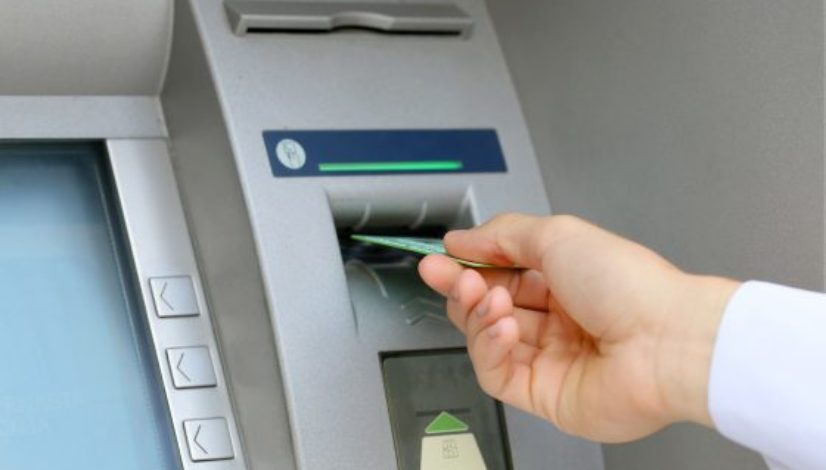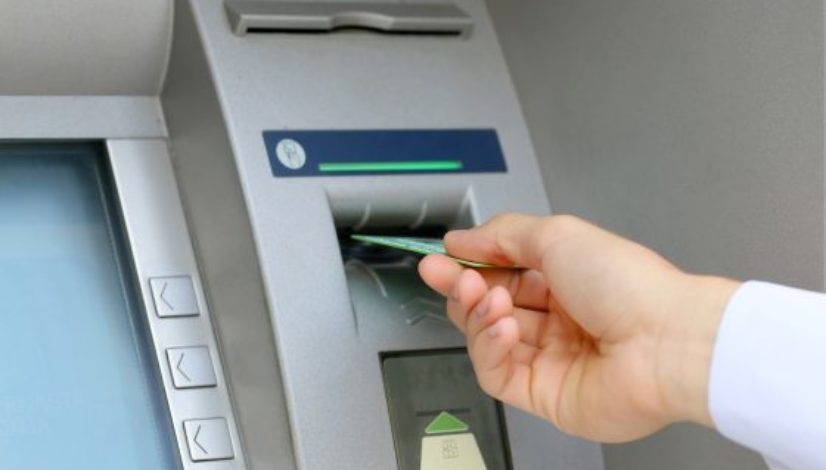California considers “green banking” as it transitions to adult-use marijuana

Published: Dec 21, 2017, 4:08 pm • Updated: Dec 21, 2017, 4:13 pm
By Patrick McGreevy, los Angeles Times
SACRAMENTO, Calif. — California has a possible solution to the problem of banks being unwilling to handle money from the state’s multibillion-dollar legal marijuana industry, one that officials say would be the first system of its kind in the nation.
Talks are underway between the state, banks and federal regulators on a plan to allow banks to serve a marijuana market that is expected to grow to $7 billion annually by 2020 in California. Starting Jan. 1, it will be legal to grow and sell marijuana for recreational and medical uses.
State officials say without banks taking marijuana money, thousands of cannabis businesses will be storing and transporting billions of dollars in cash for paying employees, suppliers and state and local taxes, which could result in robberies and violence.
“We know there is a concern with having so much cash flowing around on the street in transactions for what is now a state legal product,” said Peter Williams, deputy secretary and general counsel for the state Business, Consumer Services and Housing Agency. “The administration is looking for a solution to the problem. We are all concerned about the public safety issue here, and we think this is an idea to help mitigate that problem.”
For those who use, it could eventually mean you could use a credit card to buy. At the moment, purchases must all be made in cash. For those who live near marijuana shops, the banking system could mean fewer robberies and less violence in the neighborhood because large amounts of cash will no longer be sitting in shops or driven to tax offices.
The issue has implications beyond California. Twenty-nine states have legalized the possession and sale of marijuana for medical uses, and eight of those have approved cannabis for recreational purposes. Several other states are expected to have marijuana legalization measures on the ballot next year.
Marijuana remains illegal under federal law so federally regulated banks have refrained from handling industry proceeds.
Related stories
- Op-ed: Harms of fed marijuana banking restrictions go far beyond just throttling industry
- Colorado credit union continues to fight for legal canna-business banking
- A melted mess of gold, silver: Marijuana farmers’ savings plans all too vulnerable
- California proposes coalition of marijuana states — and armored cars for tax cash
- Public banks offer hope for cannabis industry
Officials in Gov. Jerry Brown’s administration have quietly met with representatives of 65 banks and credit unions over the past few weeks about creating a network of financial institutions that would accept funds from marijuana businesses in a way that would guarantee federal banking regulators that the cannabis industry money is subjected to special tracking, oversight and transparency.
The green banking proposal: To designate one bank as a central correspondent bank that would hold accounts from other banks that are doing business with marijuana firms.
When a marijuana retailer wants to pay a distributor for a crop, the transaction would go from the retailer’s bank through the central correspondent bank, which would instantly clear payment through the distributor’s bank.
Setting up a special clearinghouse for marijuana money would allow the state to provide a second level of compliance oversight by assigning examiners to make sure special restrictions set by the federal government are followed, suspicious activity reports are filed and the number and scope of transactions through the central bank are tracked.
“We think that adds to the transparency of our system that will also be looked upon favorably to the federal government,” Williams said.
Some banks have expressed interest in participating, he said. The state will now await decisions by the boards of directors of banks that are willing to voluntarily participate in such a network. It will be up to those banks to design the network with contracts.
It would not take legislation, Williams said.
Similar central correspondent bank arrangements exist to help the credit union industry, according to Russ Heimerich, a spokesman for the state Business, Consumer Services and Housing Agency.
Brown is not the only official concerned about the lack of banking for the cannabis industry. Last month, a task force created by California Treasurer John Chiang, who is running for governor in 2018, recommended that officials consider creating a separate, government-owned bank that could serve cannabis businesses.
The idea of a correspondence bank has been discussed by financial experts in the cannabis industry including Chiang’s working group and has merit, according to Hezekiah Allen, head of the California Growers Assn.
The idea, Allen said, is “clearly the most feasible, most direct path to expanded banking services.” The correspondence bank is a completely different proposal than Chiang’s government-owned bank.
Some leaders of the federally regulated banking industry are skeptical of any solution short of action by federal law enforcement and Congress.
“Until the federal government changes its position on the classification of the drug, a bank would be jeopardizing its charter by providing services to entities that take in money from these businesses,” said Beth Mills, a spokeswoman for the California Bankers’ Association. “The drug is still illegal at the federal level, and working through a correspondent bank were there to be one, would not change that fact.”
Until federal law changes, the only solution would be direct immunity to banks dealing with the marijuana industry, Mills said.
Those who think the Brown administration’s proposal has merit include Jim Brush, president and CEO of Summit State Bank in Santa Rosa.
“It will probably work,” Brush said, noting banks already do business with the federal and state governments who accept taxes directly from the marijuana industry.
The Brown administration has consulted with federal officials on its proposal and has incorporated some suggestions from Washington, Williams said.
State officials don’t expect the federal government to formally approve any plan.
“They don’t sign off on anything,” Williams said. “You will know that they don’t like it because they will start shutting down banks that are doing it.”
Information from the Los Angeles Times
Topics: banking, California, cannabis industry, federal banking regulations




